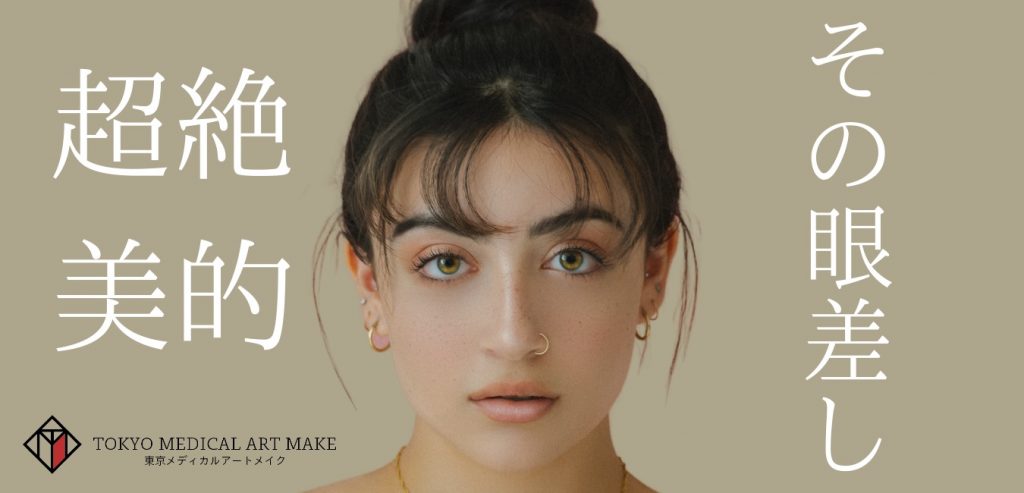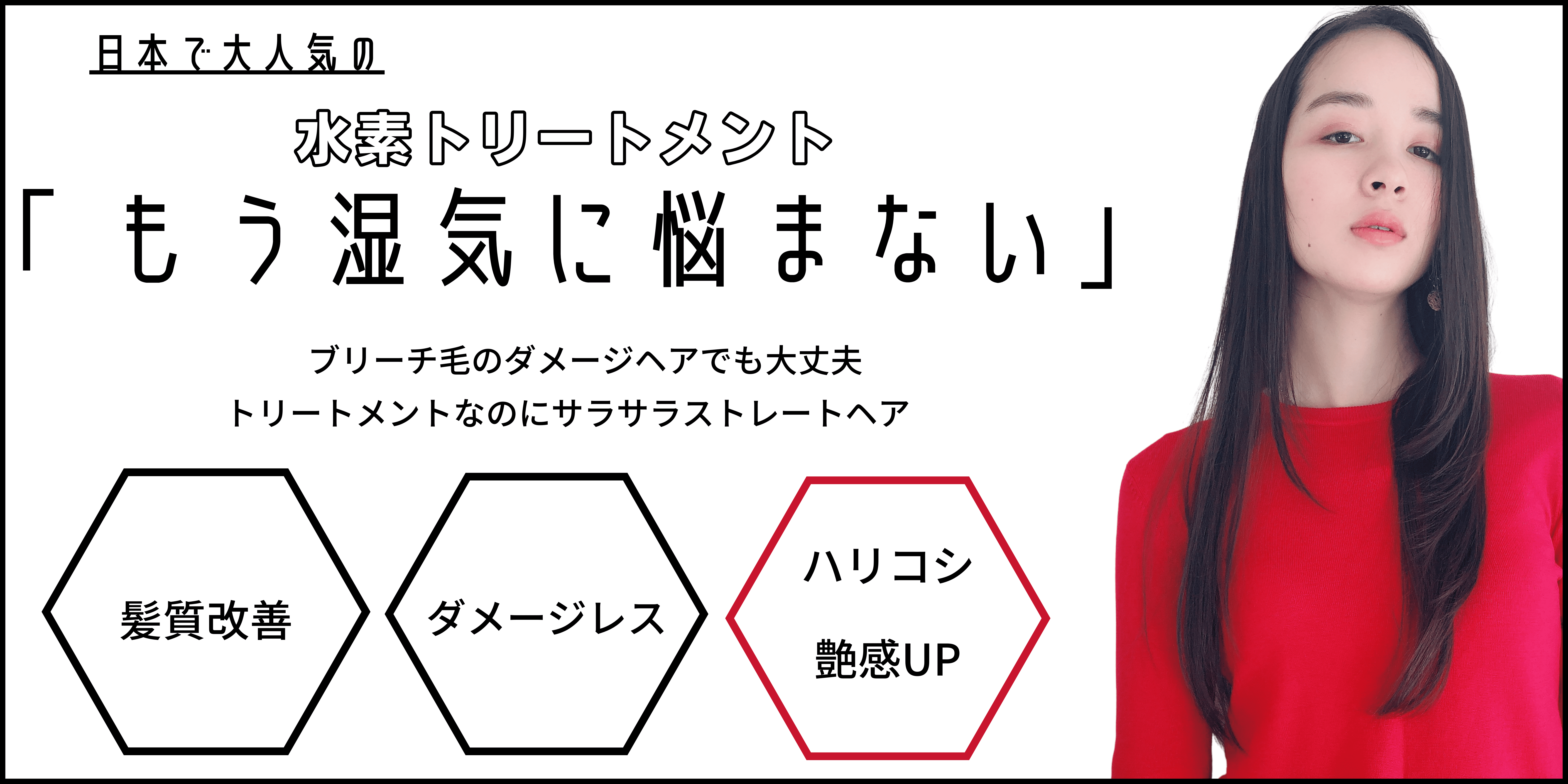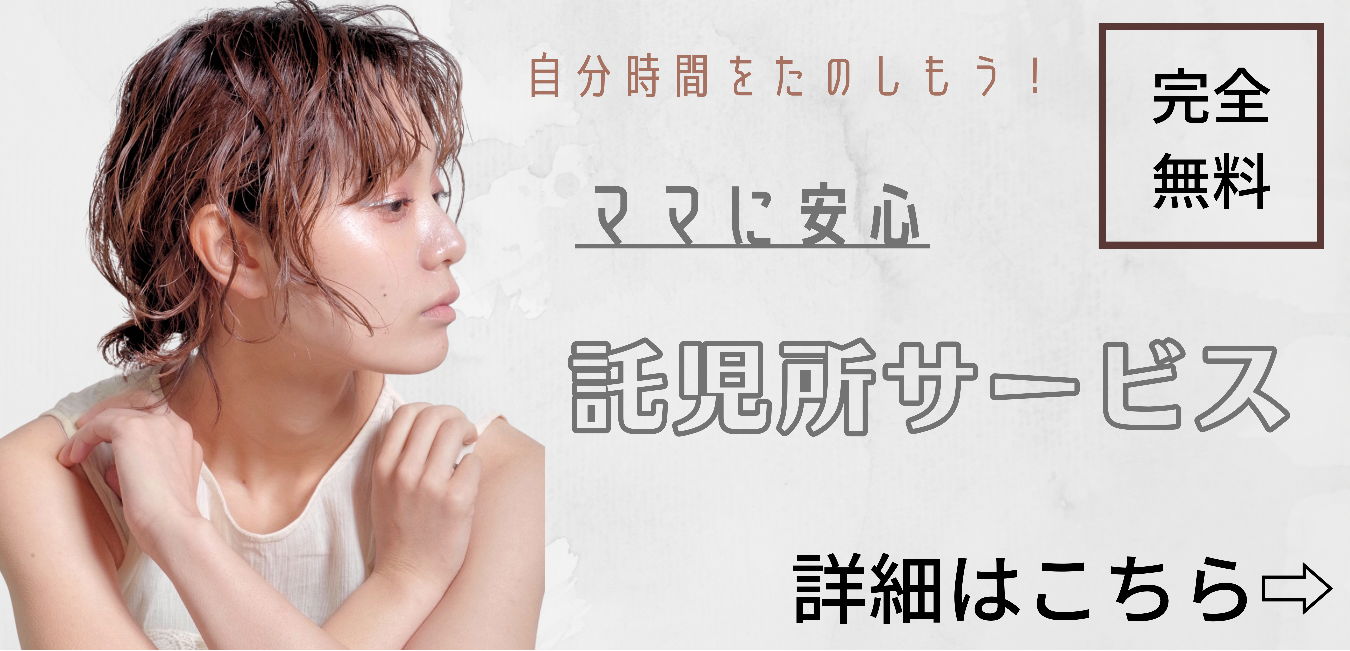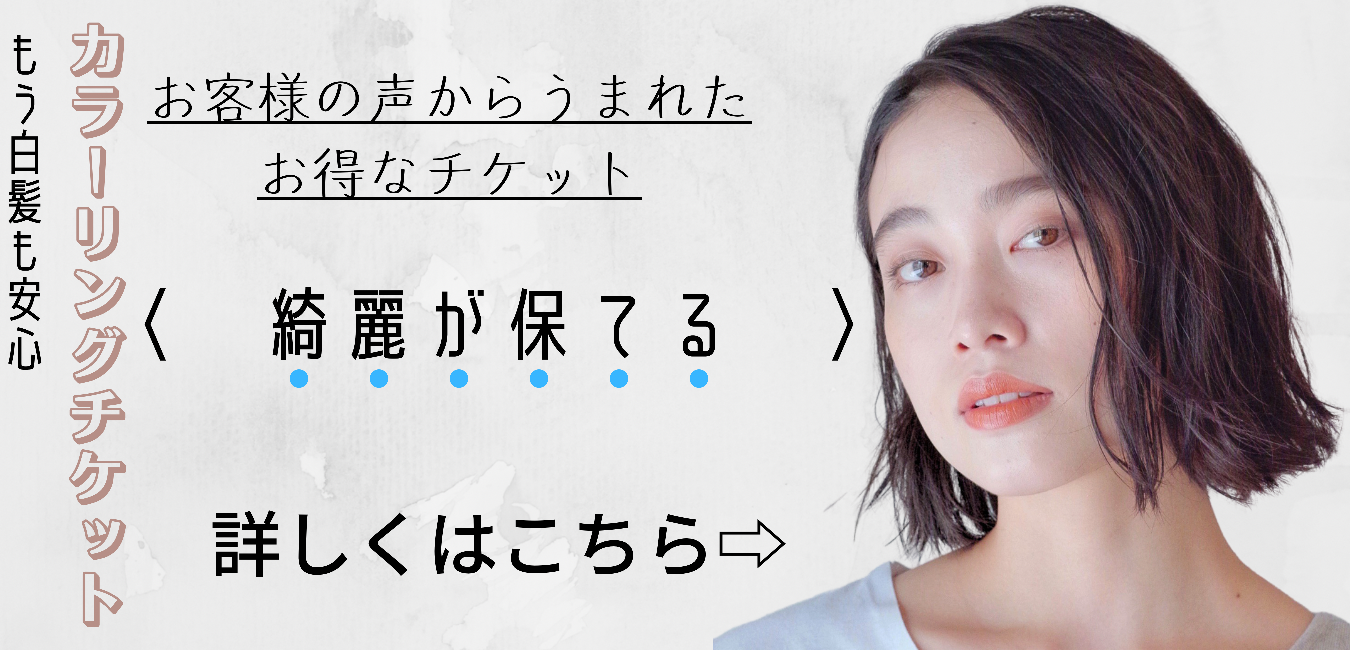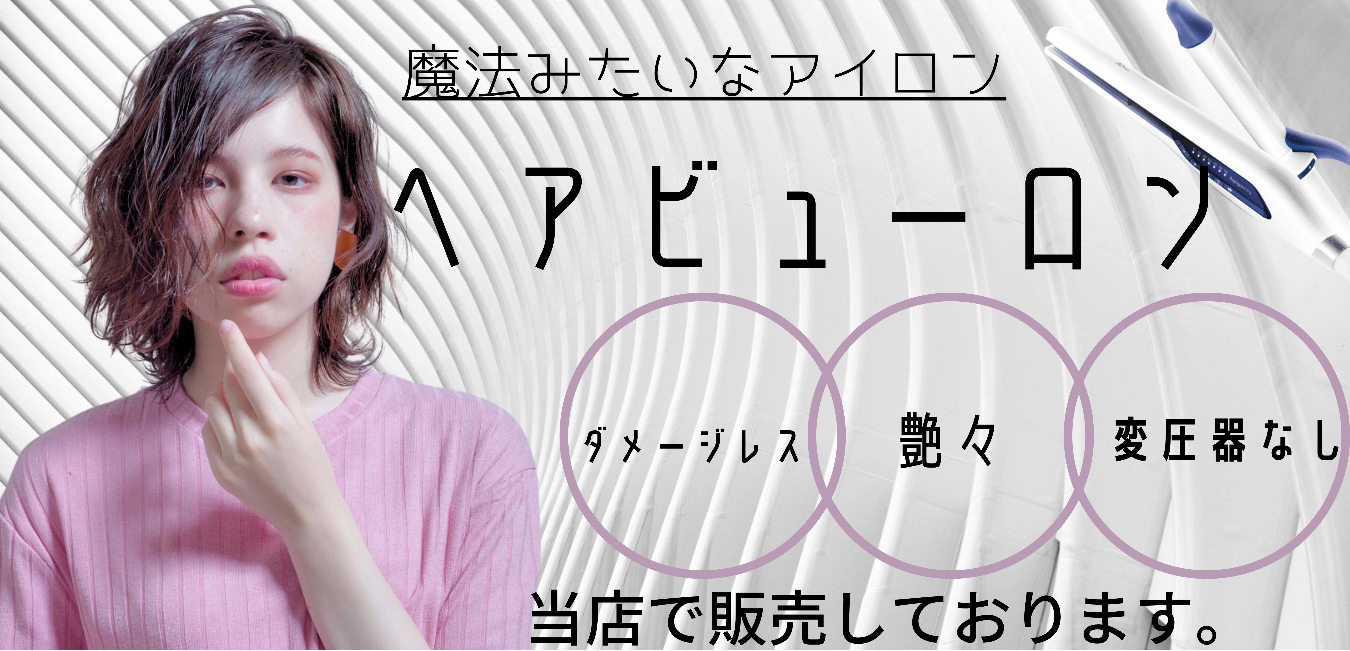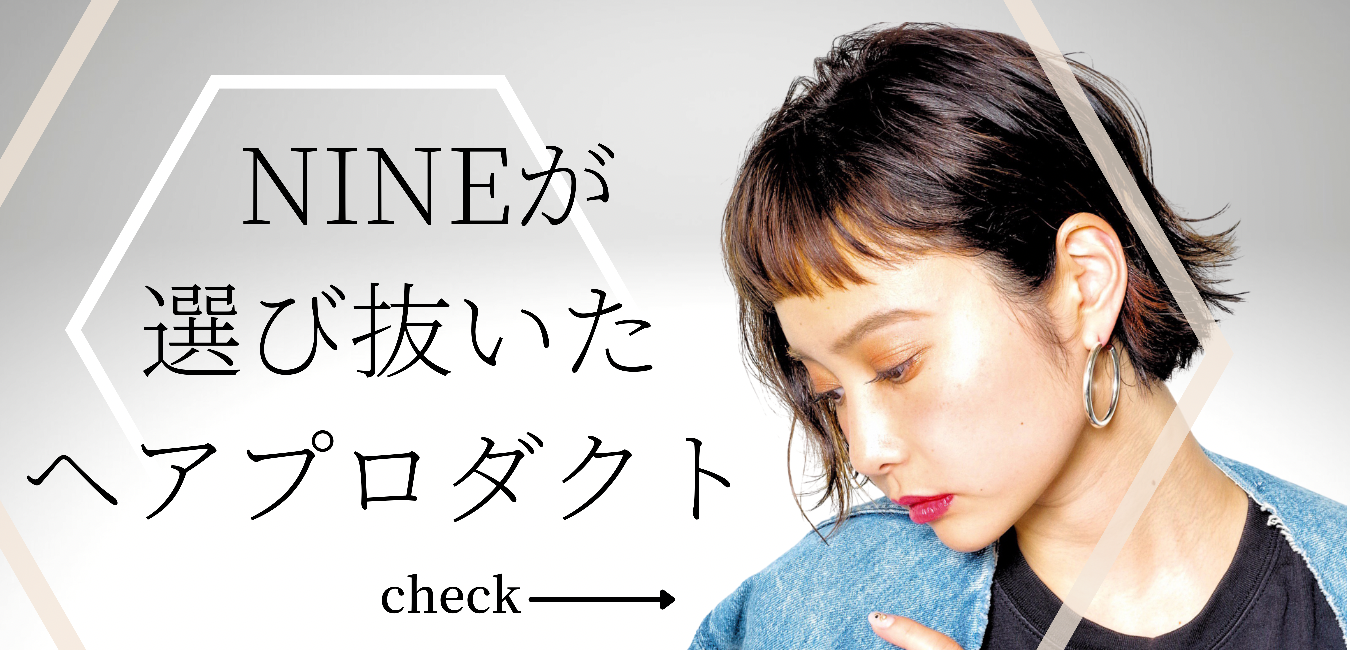
In recent years, the rhythm of women’s lives has changed, and an increasing number of women are suffering from thinning hair. It is said that thinning hair is caused by hormonal disorders, but this is not always the case. Let’s learn about all the causes and take countermeasures.
Types and Causes of Hair Loss in Women
First, let’s understand the most common types of hair loss in women.
Diffuse alopecia
Instead of a receding hairline, the entire head of hair becomes thin. The main causes are aging as well as wrong diet and hair care.
Postpartum alopecia
Hair loss decreases in the second trimester of pregnancy due to an increase in female hormones, but the hormonal balance after delivery causes hair that was in the growth phase to enter the resting phase, resulting in hair loss.
Traction alopecia
Tightly tying up hair for a long period of time places stress on a specific area of the scalp, causing hair loss only in that area. Continually wearing a ponytail may cause the forehead to widen.
Alopecia areata
A type of autoimmune disease in which lymphocytes attack the hair follicles, mistaking them for the enemy. The cause is said to be stress, so improvement of the environment is the first priority.
Seborrheic alopecia
Seborrheic alopecia is hair loss caused by inflammation of the scalp due to excessive sebum secretion. It is important to change to a diet low in fat and learn the correct shampooing method.
Alopecia Areata
Dandruff blocks the pores, causing inflammation and other problems that prevent hair growth. The major cause of this condition is excessive removal of sebum by washing hair.
Preventing Thinning Hair by Reviewing Lifestyle
Menstruation occurs when the levels of estrogen and progesterone, two of the most famous sex hormones, switch. Monthly hormonal fluctuations alone can have a significant impact on hair quality and physical condition.
Of the two, it is estrogen that is believed to work to retain hair; female hormones, which peak in the 20s, gradually decline after the age of 30 and begin to fall rapidly during menopause, between the ages of 45 and 55.
Hormonal imbalance with aging causes various changes in hair quality. In other words, a lifestyle that adheres to the following three points to maintain a good hormonal balance will also help prevent thinning hair.
Reviewing one’s diet
Adequate sleep
Avoiding stress
It is obvious that these are good for the body, but it is also difficult.
Women’s bodies are delicate and cannot take as much strain as they think they can. If you are concerned about excessive hair loss, please review your lifestyle to see if these three things are missing.
